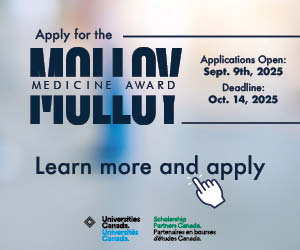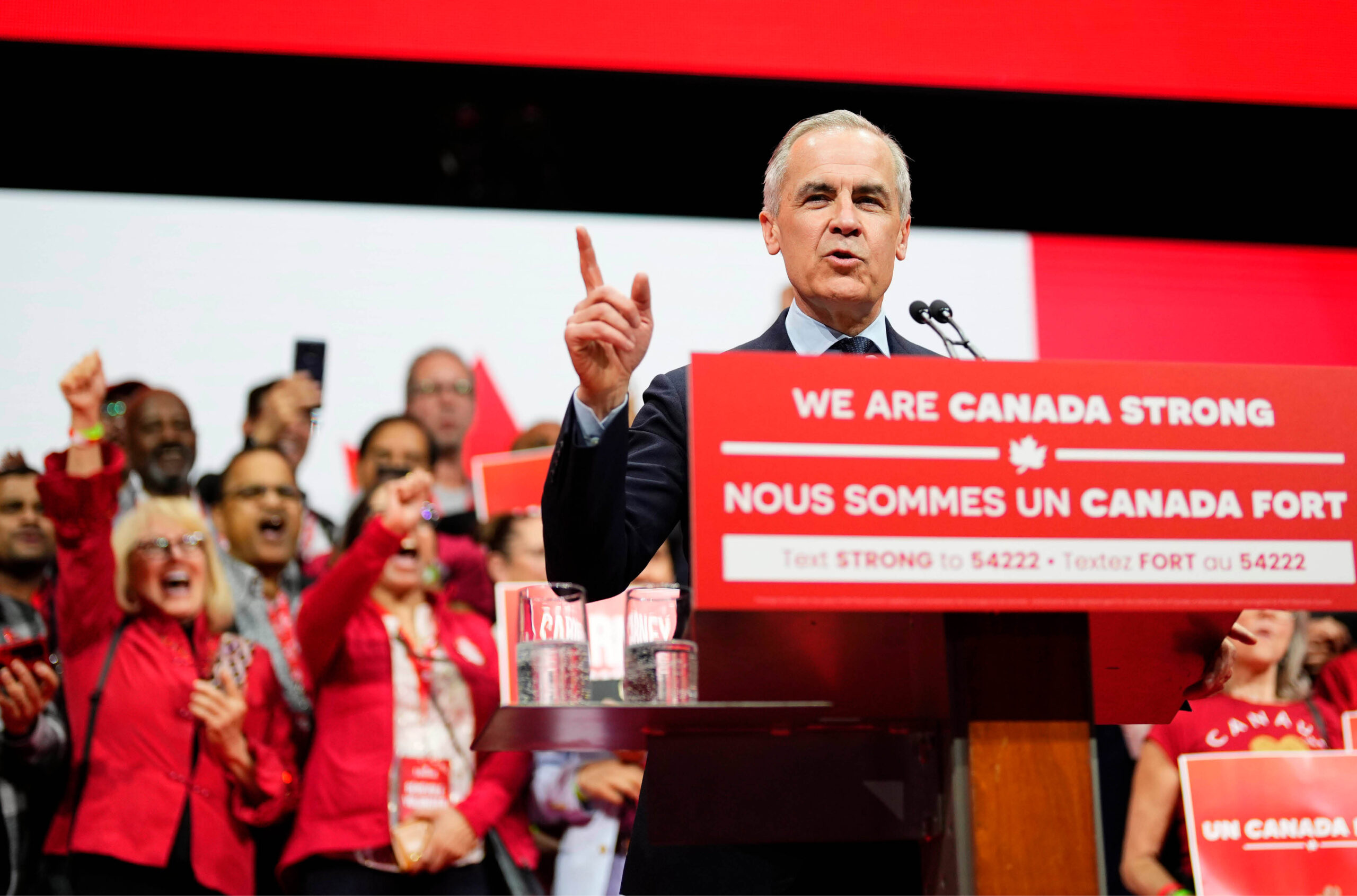Science diplomacy could bolster Canada’s research reputation
More initiatives are being launched in order to tackle humanity’s common challenges.

Science diplomacy plays an essential role in academia to build bridges between research, public policy and global challenges. A perfect example of this is the fight against antimicrobial resistance. According to the World Health Organization (WHO), addressing this public health threat will be difficult – even impossible – without an international collaboration between the fields of science, technology and politics. Overuse of medications to treat and prevent infections is linked to some five million global deaths each year as those medications lose effectiveness. The WHO forecasts that number could double to 10 million deaths per year from growing treatment-resistant infections by 2050 unless something is done.
“Antimicrobial resistance is a classic example of a collective action problem. Once a virus or bacteria becomes resistant to antibiotics, everyone pays the price,” explained Patrick Fafard, professor at the University of Ottawa’s graduate school of public and international affairs as well as research director of the Global Strategy Lab. Dr. Fafard was appointed co-chairholder of the science diplomacy research chair at UOttawa, a collaboration between the university and the embassy of France in Canada, this past spring.
With co-chair Pascal Griset, professor of contemporary history at Sorbonne University in Paris, Dr. Fafard is applying his expertise in public health policy and governance to better understand how science diplomacy works through the study of antimicrobial resistance. “We’re treating this like a case study,” he argued, “we hope it will catalyze further research on science diplomacy, especially research that looks into its actual impact.” The researchers will also examine the feasibility of reconciling the universal ideals of science with the increasing requirements of national security.
Why has science diplomacy become such a hot button issue?
Other science diplomacy partnerships have cropped up across the country in recent months. In October, the Fonds de recherche du Québec (FRQ), Université Laval, and Sorbonne University laid the groundwork for the forthcoming creation of a science diplomacy research chair. “This is only the first in a series of science diplomacy research chairs the FRQ intends to introduce,” commented Quebec’s chief scientist, Rémi Quirion, in a press release. In September, Universities Canada (publisher of University Affairs) and France Universités also joined forces to usher in a new era of bilateral scientific collaboration.
Science diplomacy is hardly a new endeavour. In fact, “collaborations between scientists and nation states can be traced back to eras as old as the Age of Discovery, or to recent ones like the Cold War, “ argued Amabilly Bonacina, a PhD candidate in political science at Université de Montréal. According to her, “The foundations of a true transnational science have long since been laid.” Ms. Bonacina presented her research in a panel on South-South cooperation and science diplomacy at panel discussion hosted by École de technologie supérieure this past fall.
Dr. Fafard believes that science diplomacy feels like a hot-button issue due to the work by francophone states and governments to raise the profile of French-language scientific research: “It seems to me that this is a major motivator behind these announcements.” Ms. Bonacina agrees and argues that “Science diplomacy is a strategic foreign policy lever for the governments of both Canada and Quebec. It’s a way to exert their soft power.”
Read more: Quebec universities concerned about losing their autonomy
Expected results vs. actual impact
A branch of Morocco’s Mohammed VI Polytechnic University (UM6P) recently opened in Montreal, proving the current enthusiasm for science diplomacy. In an email, UM6P Canada’s director Fatiha Charradi said that the institution hopes to use its Canadian campus to “strengthen and reinforce academic and technological exchange” between Africa and North America. This partnership will focus on agriculture, energy, mining, artificial intelligence, and sustainable development, which are, as she explained, “critical to tackling challenges like food security, energy transition and climate resilience.”
Among the expected outcomes is an increase in student mobility initiatives between Canada and Morocco. However, Ottawa has strictly limited the number of international students accepted into the country until at least 2026, and the Quebec government is likewise tightening the belt on international student admissions. These endeavours are clearly at odds and show, in Ms. Bonacina words, that “there’s a lack of upstream strategic thinking,” and that “this contradiction hampers international scientific cooperation.”
Science diplomacy, however, generally tends to be infused with a fair degree of idealism. Dr. Fafard argued in this regard that “whether scientific collaboration can overcome national rivalries is another question altogether,” and that “exerting significant influence on public policy with science is more complicated than it seems for all kinds of reasons. One has to apply a degree of realism when assessing the impact of these initiatives.”
Featured Jobs
- Psychology - Assistant Professor (Clinical Psychology)Queen's University
- Science - Assistant Professor (Teaching)The University of British Columbia
- Canadian Politics - Assistant ProfessorUniversity of Toronto
- Political Science - Assistant Professor (Political Theory)Saint Mary's University
- Canada Excellence Research Chair in Energy TransitionsUniversité du Québec à Trois-Rivières (UQTR)















Post a comment
University Affairs moderates all comments according to the following guidelines. If approved, comments generally appear within one business day. We may republish particularly insightful remarks in our print edition or elsewhere.